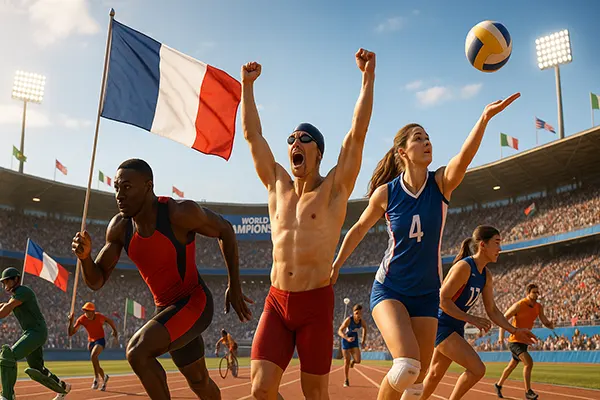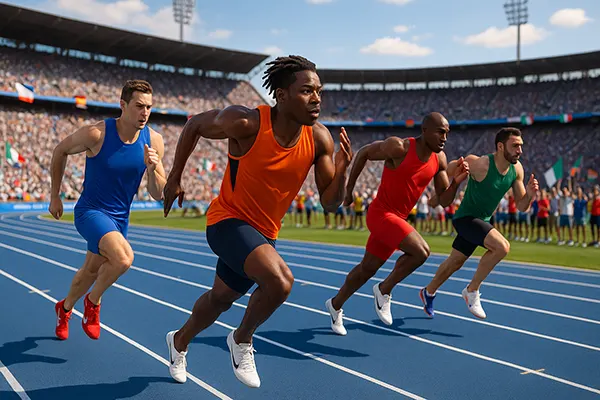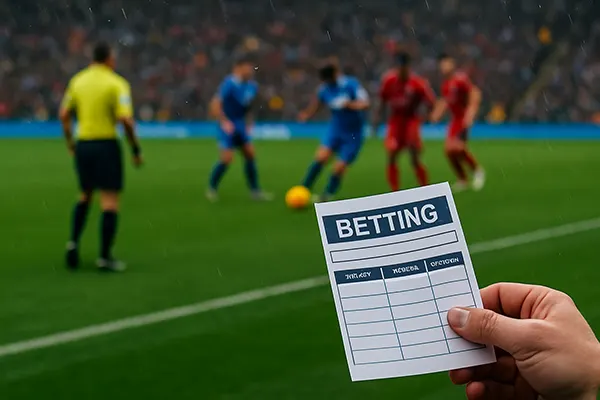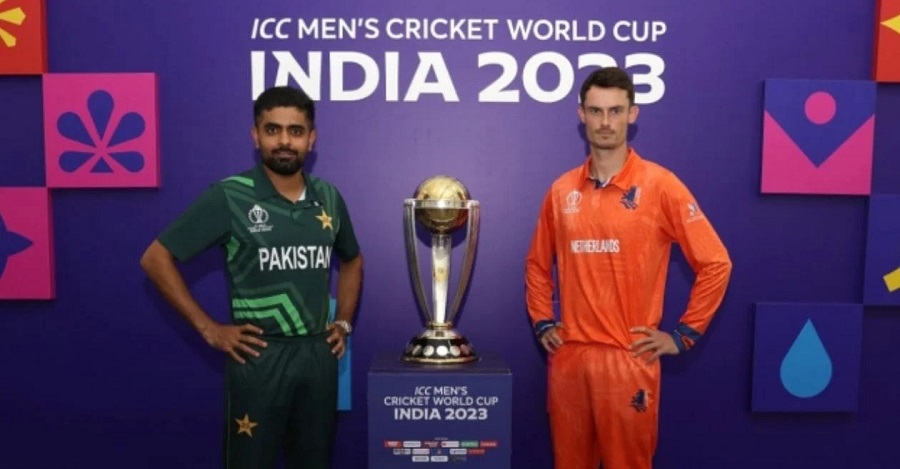
Preparation for the 2028 Summer Olympics: New Qualification Tournaments in 2025
The 2028 Summer Olympics in Los Angeles are already shaping up to be one of the most ambitious and globally inclusive sporting events in history. In 2025, several international federations are introducing new qualification systems and tournaments to ensure that only the best athletes earn their place on the Olympic stage. This approach aims to provide fairer representation, improve competitive balance, and reflect recent developments in various sports.
Changes in Qualification Formats
The International Olympic Committee (IOC) and individual sports federations have collaborated to redesign qualification structures for numerous disciplines. This move comes as part of a broader effort to enhance the transparency and fairness of the selection process. In athletics, for example, the qualification will combine world ranking points with continental championships, ensuring broader global participation.
Swimming will see the introduction of regional Olympic trials across all continents, rather than just centralised world events. This change is expected to provide more opportunities for emerging athletes from developing sporting nations. Meanwhile, team sports like basketball and volleyball will incorporate expanded intercontinental qualifiers, increasing the diversity of nations at the Games.
These changes reflect the IOC’s commitment to making the Olympic Games more accessible and competitive, particularly for athletes who have historically faced structural barriers to entry. The reforms also align with the goal of fostering equal opportunity across regions and genders.
Impact on Athletes and Federations
For athletes, the updated qualification structure means they will need to plan their seasons more strategically. Instead of focusing solely on world championships, they must now perform consistently across multiple regional competitions. This will likely demand greater financial support, better logistical planning, and enhanced cooperation with national federations.
Sports federations will also face increased responsibilities. They must ensure the smooth organisation of regional qualifiers, provide technical support, and establish clear selection criteria. Federations from smaller or less affluent countries may need additional funding or assistance from international bodies to meet these requirements.
In the long term, this shift could encourage a more level playing field. Athletes from underrepresented nations may benefit from increased competition experience, which could raise the overall standard of performance at the Olympic Games.
Introduction of New Disciplines
Another major development in 2025 is the inclusion of new sports and disciplines in the qualification cycle. Breaking (breakdance), which debuted at Paris 2024, will continue and expand its qualifying circuit to more regions. Flag football, cricket (T20), lacrosse, and squash are also expected to hold official qualification events for the first time in preparation for their Olympic debut.
These additions are intended to attract younger audiences and reflect the evolving global sporting landscape. For example, cricket’s inclusion has generated significant interest from countries like India, Pakistan, and Australia, while flag football is expected to boost American participation and viewership.
The qualification systems for these new disciplines will combine continental championships, world rankings, and designated qualifying tournaments to ensure fair representation of both traditional powerhouses and emerging nations.
Global Reactions and Adaptation
The introduction of new sports has received mixed reactions. Traditional Olympic nations support the move as a way to modernise the Games and maintain their relevance among younger audiences. However, some critics worry about logistical challenges and the risk of diluting the Olympic brand with too many disciplines.
Despite these concerns, international federations have responded proactively by setting up development programmes, training camps, and promotional events in 2025. These initiatives aim to familiarise athletes, coaches, and fans with the rules and competitive structures of the new sports.
As these disciplines gain momentum, they are likely to bring fresh energy to the Olympic movement while providing opportunities for countries that have historically not excelled in traditional Olympic sports.

Technological Advancements in Qualification
Technological innovation will also play a crucial role in the 2025 qualification season. Digital performance tracking, AI-based analytics, and blockchain systems for result verification are being integrated into many sports’ qualification events. These tools aim to improve accuracy, reduce disputes, and enhance transparency in athlete selection.
For instance, athletics federations plan to use real-time biometric monitoring during qualifying races to ensure adherence to anti-doping regulations and detect performance anomalies. Similarly, team sports are testing advanced video analysis systems to evaluate player contributions objectively during qualifiers.
These innovations reflect the broader trend of digital transformation in global sport governance, which seeks to combine fairness, accountability, and athlete welfare in one cohesive framework.
Long-Term Benefits and Challenges
While technology promises greater fairness, it also poses challenges. Smaller federations may struggle to afford advanced systems, creating potential disparities. To address this, the IOC has proposed funding support and shared resource centres where federations can access the necessary tools.
Another concern is data privacy. With the collection of sensitive biometric data, strict regulations and secure systems must be in place to protect athletes’ rights. International sporting bodies are currently developing global standards for handling this data ethically and securely.
In the long term, these technological reforms could significantly enhance the integrity of the qualification process and strengthen public trust in the Olympic Games, provided they are implemented responsibly and equitably across all regions.
Popular articles
-
 Live Betting: Managing In-Play Market...
Live Betting: Managing In-Play Market...Live betting on sports events presents both exceptional opportunities and …
-
 The Evolution of Sports Poker: From S...
The Evolution of Sports Poker: From S...In the vast panorama of competitive sports and games, few …
-
 Pakistan vs Netherlands: A Riveting S...
Pakistan vs Netherlands: A Riveting S...The cricketing world eagerly anticipates the Pakistan vs Netherlands clash …
